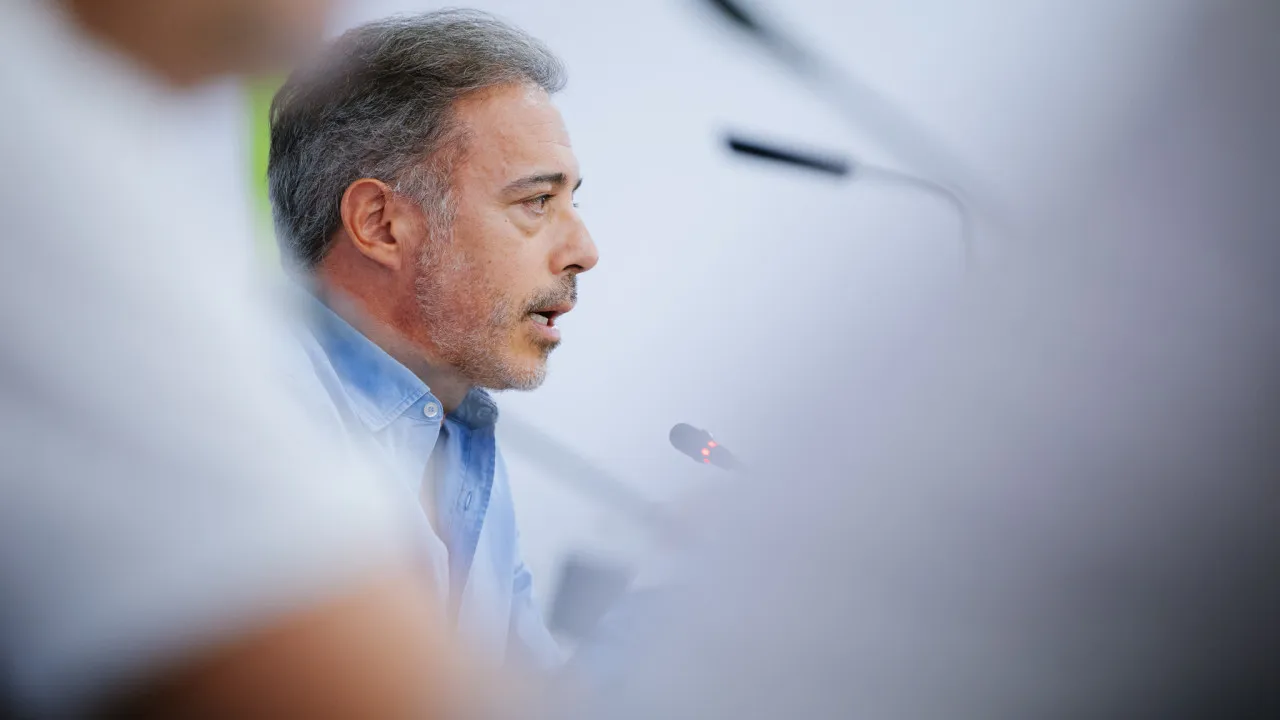
Magistrates’ ordinary movement, approved by the Superior Council of the Administrative and Fiscal Courts (CSTAF) and published in the Diário da República on May 26, states that only magistrates with at least two years in their current position can apply for vacancies, even if the position is new.
The two-year placement rule is standard, as outlined in the statutes of the administrative and fiscal courts and the statute of judicial magistrates, but exceptions exist, such as when the open position is new.
CSTAF decided to apply the rule to all available positions in this movement.
“We believe this interpretation is illegal, therefore violating the law. (…) We will challenge the movement to uphold legality,” stated Nuno Matos, president of the ASJP and judge at the Lisbon Court of Appeal, to Lusa.
The judicial challenge, accompanied by an interim measure to suspend the movement’s effectiveness, aiming to prevent it from continuing in force, is set to be filed on Wednesday. The Supreme Administrative Court will decide, as it is the only body qualified to rule on challenges to Council decisions, explained Nuno Matos.
The president of the judges’ union mentioned that the legal action follows a dialogue with CSTAF, during which legal justifications for the decision were presented, which ASJP does not agree with, prompting the challenge.
Though lacking official numbers, ASJP gathered that approximately 160 judges from the administrative and fiscal jurisdiction have applied to this movement. However, Nuno Matos could not specify the real impact of the CSTAF decision, as it is unclear how many were deterred from applying due to the imposed rules.
In a statement regarding the movement challenge, ASJP stated, “The dignity of the judiciary requires that all decisions impacting the organization and functioning of the magistracy strictly comply with the law,” adding that “normalization of illegal acts compromises this principle and erodes trust in institutions.”
The statement further asserted that “omission in the face of an illegal decision would itself be a form of complicity” and that CSTAF bears responsibility for any “potential effects” of this action and must “take necessary measures to rectify the situation created.”




